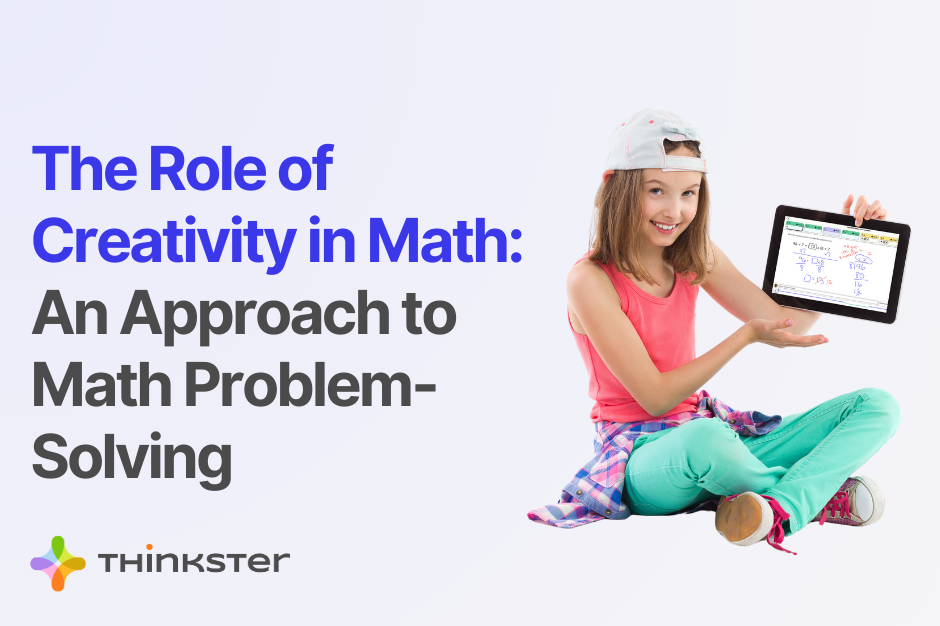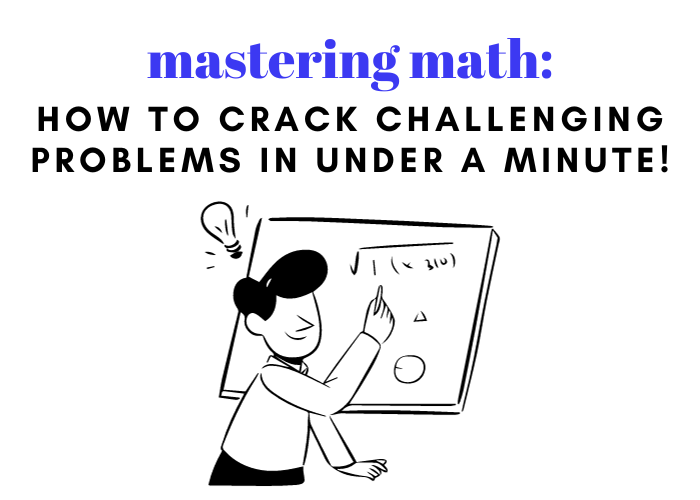

Last Updated on June 26, 2023 by user
Cognition is the act of learning. And in order for human beings to learn, they must develop their cognitive ability. These are skills such as perception, reasoning, attention, and memory, but there are many more. Any skill which allows you to take in information, organize it, and build upon it is a cognitive skill.
Ideally, all of us would have perfect cognition. We would see things as they actually are, understand them instantly, and remember them forever. However, this rarely happens. In reality, everyone has different levels of cognitive ability. And for some, obstacles get in the way. Issues such as learning disabilities, attention deficits, and memory problems act as barriers to the cognitive process. Many individuals are fortunate enough to be diagnosed in childhood. Others have struggled all their lives to achieve goals that come easy to others. Worse, they’ve never really understood why.
If you’re someone who struggles with cognition, or you love someone who struggles, it’s important to find help as soon as possible. Once you can put a name to what’s happening, it will instantly become easier to manage. Often, the simple act of hearing someone else validate what you’ve known all along is healing. You’re able to relax and to explore options for making your life more manageable.
Some of the most common barriers to cognition include:
Individuals who struggle with these conditions may have underdeveloped cognitive skills for a variety of reasons. They may have difficulty retaining or retrieving information from memory. They may see letters and numbers backwards or transposed. They may be unable to concentrate or focus on a task long enough to learn it. Or, they may be too shy or too scared to ask for clarification when they don’t understand. Perhaps they’re too anxious, or they feel too hopeless, to learn the material.
Do you recognize any of these symptoms? If so, there may be a good reason why you consistently earned lower grades than your siblings or why it takes you longer than most to feel comfortable in a new job. You may have one or more cognitive barriers. Not surprisingly, your child may have them, too.
Cognitive barriers include anything that interferes with your ability to learn. They may be social, emotional, developmental, or genetic.
The National Institutes of Health defines a learning disability as any disorder that affects how you process written or spoken language or mathematical concepts, how you move, and how you focus attention. Roughly 10 percent of the world’s children have a learning disability. Common ones include those mentioned above: dyslexia, dyscalculia, and dysgraphia.
Someone who is dyslexic sees letters and numbers differently than the rest of the world. Letters may appear backwards, or numbers may be transposed. Imagine how difficult it must be to learn to spell, write, add, or subtract when the letters and numbers look all wrong.
Dyscalculia affects an individual’s proficiency at mathematics. They may not understand how numbers work or be unable to grasp or retain number facts and equations. An individual with dyscalculia may be unable to memorize simple math facts, unable to remember them, or unable to reason why numbers work the way they do.
Dysgraphia refers to a person’s ability to write cohesive essays, paragraphs, or sentences. While they may know what they want to say, transferring those thoughts to paper seems overwhelmingly difficult.
These are a few common learning disabilities that are diagnosed every year in America. In reality, however, there are many symptoms that may place someone in the learning disabled category, including:
None of these are rock-solid signs of a learning disability, but they’re common signs that many people who have learning disabilities exhibit. Usually, input from a psychologist or an occupational therapist is needed to diagnose a learning disability.
Attention-deficit disorders, such as ADHD (or ADD) are behavioral in nature. They’re marked by an inability to focus or pay attention, as well as impulsive thoughts and behaviors. Often, this disorder co-occurs with hyperactivity.
Children with ADHD have shortened attention spans. They’re often forgetful or inattentive, and they usually have trouble waiting for their turn. They may interrupt others who are talking, may seem to talk incessantly, and have difficulty staying on task. Adults with this disorder may have trouble finishing a job through to the end. They may get distracted in the middle of a task and forget to return to it. They’re often disorganized and may keep a cluttered house or work space.
Conditions such as Alzheimer’s Disease and Dementia usually affect people in their twilight years. But children may have trouble remembering things, too. Sometimes, memory problems are symptoms of something more serious, such as autism, Down syndrome, or Rett syndrome. When children repeatedly have difficulty retaining information they’ve heard over and over again, it may be due to a developmental disability.
When your emotions are in chaos, it’s difficult to concentrate on learning. Emotional disabilities may be the result of a tumultuous home life, a traumatic childhood, or other unresolved trauma. Children who struggle with emotional disorders often have underdeveloped cognitive skills because there’s so much going on in their lives and inside their minds that they’re simply focused on survival.
Social disorders are ones that make us feel uncomfortable around other people. They include social anxiety, shyness, avoidance disorders, and even panic or generalized anxiety. Children who struggle with social issues may feel isolated, unfulfilled, or lonely. They want to reach out, but they can’t quite bring themselves to do so. Social anxiety and related disorders impact cognition when they interfere with a person’s ability to ask questions, work in teams, work with a partner, and more.
As a parent, it falls on you to advocate for your child. If you notice they’re struggling in school or at home, if they have trouble making friends, or if they’re just all over the place all the time, it may be time to sit down with your pediatrician to discuss your concerns. Your child’s doctor can refer them to specialists that can help. This may be a therapist, a psychiatrist, or a developmental expert. Regardless, you and your child can find the help you need by reaching out to the right people. Often, disabilities such as these are easily managed using evidence-based techniques that greatly improve how your child views and interacts with the world around them. You can help by asking your child’s care provider for activities and games you can do at home to help them move forward. These might include:

Activities like these help children polish motor skills, strategize, empathize, and reason. They also help to build self-esteem and your child’s confidence in their own abilities. For more information, see our list of resources below.


